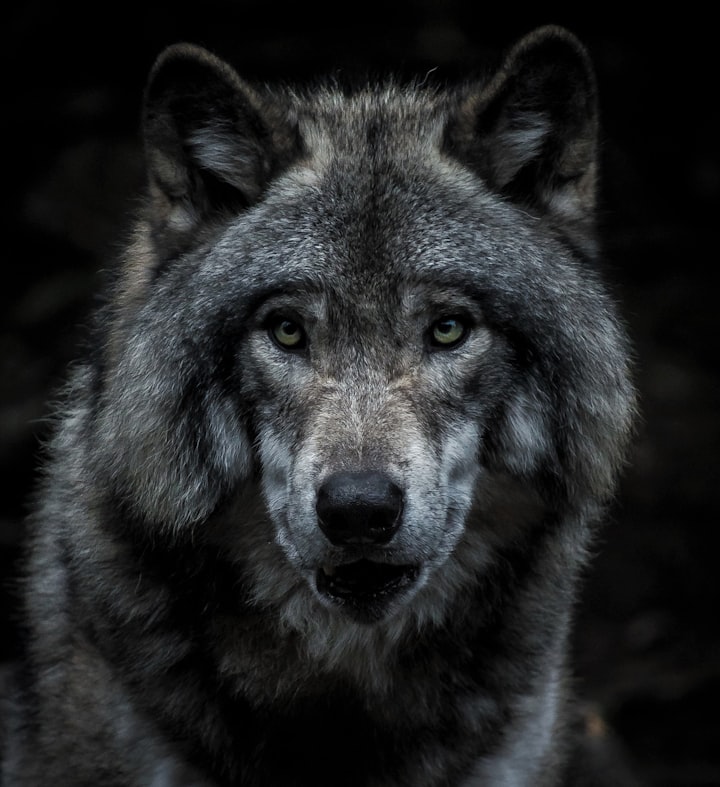The Courage It Takes to Face Obscurity
A Letter to Myself

Writing training can be immensely helpful, but one thing that I think can happen when people get trained in creative writing, is that they get advice that runs counter to their instincts. So they start questioning their instincts just a little bit, and when they turn in work, their teachers use the same basic standards to sift through their writing and correct them again and again and therefore they start to actively suppress some of the characteristics of their writing that make it truly unique, that could make it stand out. Thier teachers use these standards because they have very often improved writing, perhaps because they most often improve writing. Sometimes though, the guidance is can be aimed at an attempt to appeal to the widest possible audience. It is my theory that there can be a side effect to some of this training - a watering down of the writer’s distinctive voice.
Cormac McCarthy, Ernest Hemingway, Mark Twain, and William Shakespeare all had little to no formal writing training. They followed their instincts and that happened to work out. Hemingway often discouraged would-be writers to talk about the craft and McCarthy has echoed that sentiment - that it is best to avoid thinking about, analyzing and dissecting writing as much as possible. McCarthy went as far as to say “Writing is very subconscious and the last thing I want to do is think about it.”
Some of the most distinctive voices are voices that are strong and powerful and fearless, that rise up from the gut, from the “white hot center” within to use Robert Olen Butler’s terminology. They come from writers that don’t look to anyone else for permission and are comfortable risking failure to connect with audiences. Sometimes, oftentimes, this approach misses the mark, but it’s the transcendence of the concept of any kind of mark that sets this writing free.
Screenwriter William Goldman once wrote about his own craft and industry, that “nobody knows anything” and I find that to be a very freeing thought. There aren’t rules. In college, if you write something that fits the rubric you will be rewarded with a good grade. Out in the wilds of general society, however, the laws of nature are fundamentally different. In order to fully embody your own true voice you have to be willing to really risk disapproval and obscurity. It could be that the one thing holding you back the most is your own fear of obscurity. In J.D. Salinger’s book Franny and Zooey, the character of Franny complains that she's “…[T]ired of not having the courage to be an absolute nobody” and maybe that is the threshold you have to cross in order to express yourself fully in this world as a human and as an artist and to even stand a chance of being really recognized and held up by society.
In those people with really distinctive voices we admire just that - the courage to be an absolute nobody. Because that’s what they were risking. I think what we fear as much or more than our work being judged harshly, is that it will be completely ignored. And we are afraid of how our subconscious mind will react to being ignored after we have poured our very heart and soul into something. The message that we internalize most often, I think, is that who you are and what you have to say doesn’t matter, people don’t care. Maybe this is true, or maybe from some perspectives this is true, but it’s not a very helpful narrative. The older I get the less I’m in pursuit of a “true” existential life narrative and the more I’m in pursuit of a helpful one - one that makes me feel good about myself and motivates me toward taking positive actions in the world, helping others, and that makes me grateful for my life and hopeful about the future.
It is, of course, important to be aware and maintain presence in the world and in your situation. There are problems that need to be solved in your personal life and in society, but the way you frame those challenges and the way you see yourself in relation to those challenges has to do with the narrative you have constructed for yourself consciously or unconsciously. When we create a work of art and put it out into the world, there are only three basic things that can happen (although they exist along a continuum).
1.) Your work could be popular and praised
2.) Your work could be noticed but ridiculed and panned
3.) Your work could be basically ignored
The fear associated with two and three are immediate and obvious, but I think it should be acknowledged that number one could trigger some unconscious fears as well - fear of success and the life changes that could bring. What might you loose if you became successful enough in your work for your life to change? You will only be able to take a big enough risk to find your true voice once you become detached from the consequences of all these outcomes or any combination thereof. It takes detachment, it takes courage, it takes a life story that makes meaning out of the simplest and sparest of existences to really dedicate yourself to making art that may not change anything about your life, and that may not change the world. But only when you find that bravery will you make something that stands up, looks your audience straight in the eyes, and stares into their soul.






Comments
There are no comments for this story
Be the first to respond and start the conversation.